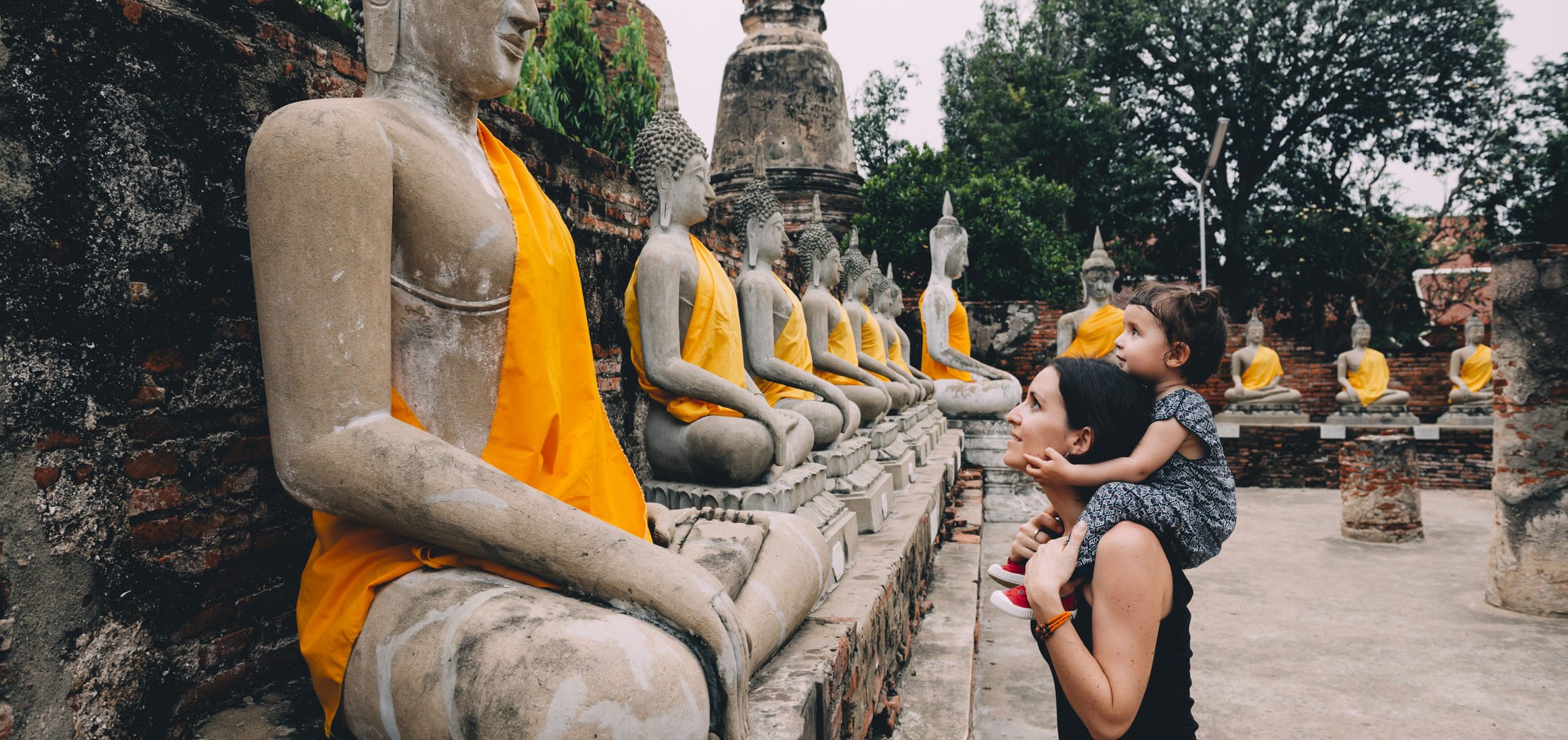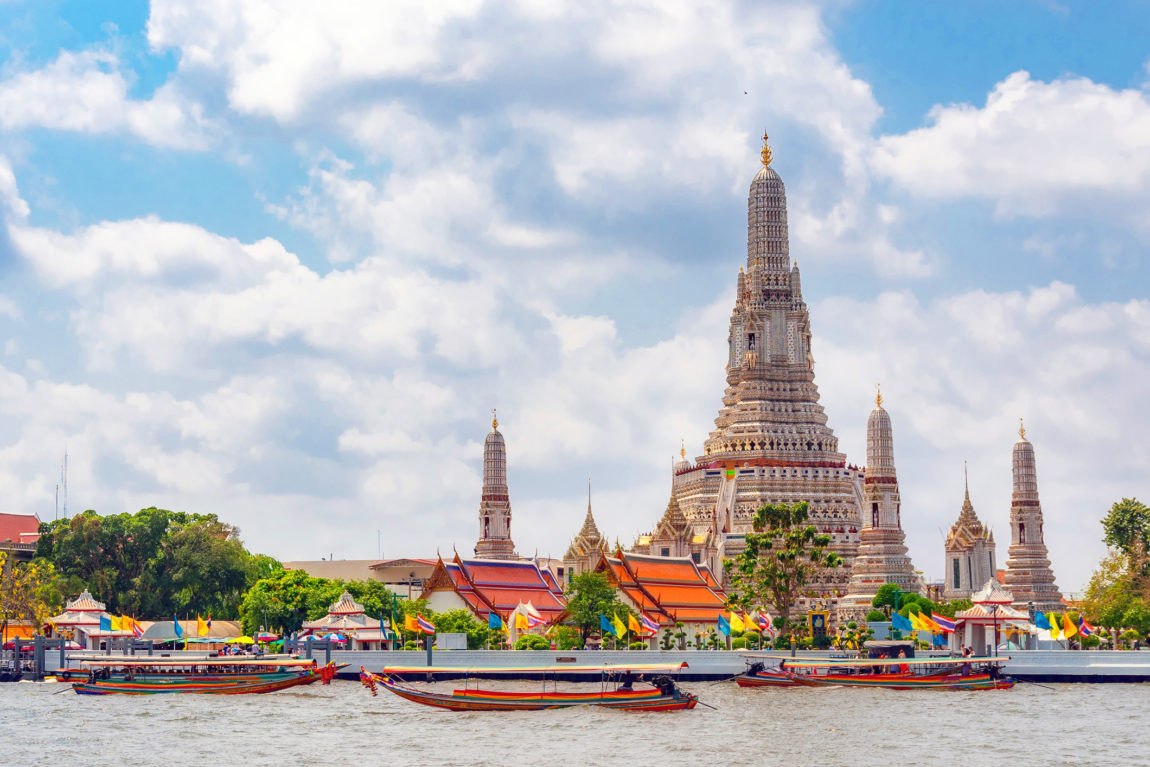How to plan a staycation as good as an overseas getaway
You’re not the only one putting off that overseas trip (flight prices will come down!) but staying home ...
KEEP READING
One of the most exciting parts about travelling is exploring the way a country works – figuring out the new culture and lifestyle. But this is especially true when visiting a country like Thailand. This destination is a popular one for Australians with half a million people visiting in 2016 alone, according to the Australian Bureau of Statistics (ABS).
From the gorgeous landscape of lush jungle and pristine beaches, through to the bustling nightlife and delicious food, it’s no wonder so many flock to this country for holiday. That said, it’s not all fun and games when you’re touring Thailand. In order to be respectful (and keep out of trouble) there are a couple of weird laws you should be aware of before visiting.
It’s more than disrespectful to speak ill of any member of the royal family, it’s a crime. The country adores their monarchy – so much that the country goes into a period of mourning that can last an entire year when a member of the royal family dies. This happened in 2016 when King Bhumibol Adulyadej passed away at 88. If you were in Thailand during this time, you were expected to refrain from any celebrations (like the famous Full Moon Party) for at least a month.
In Bangkok especially, people are so devoted to the monarchy that they stop what they’re doing at least twice a day for the public national anthem. And yes, tourists are expected to do so as well!
This also means that you must care for money with the king’s image on it.

Photo credit Getty/George Pachantouris
Buddhism is the national religion and it’s taken very seriously here. That means that all images of Buddha are considered sacred and should be respected as such.
When visiting Thailand, a popular tourist activity is to tour a temple, but you need to understand the rules before visiting. If you’re planning a temple like Wat Phra Kaew in Bangkok, make sure your body is adequately covered. That means no shorts, tank tops or shoes. Many tourists opt to bring a sarong with them as these provide adequate coverage and they can be taken off once you’re done visiting.

Photo credit Getty/PHOTO BY PRASIT CHANSAREEKORN
The city streets might be bustling with action, but you’re still expected to be polite just like the Thai. In this country, people speak softly and control their laughter, so make sure you aren’t disrupting the peace too much. Additionally, know that a smile is more than just a friendly way to say hello – Thai also use it to say thanks, request something from you or even to show embarrassment.
Bowing is a sign of respect and indicates where people are on the social ladder. Elders and those in uniform are considered the top of the social ladder and must be greeted accordingly. And speaking of heads, it’s considered rude to touch someone’s without permission. That’s because the head is the most sacred part of the body. However, your feet are the least sacred, so try not to show the soles of your feet, or use your foot to point at something.
Finally, make sure you skip the public displays of affection. Even if you are travelling with your partner. PDA is highly discouraged, so save it for the hotel room.

Photo credit Getty/Westend61
Australians are eligible for a visa exemption for up to 30 days if you arrive through an international airport, or up to 15 days if you enter through a land border, according to Smartraveller.gov.au. Anything longer requires a visa in advance. It’s important that you carry your visa and identification on you at all times, but be sure to keep your passport in a safe place – it’s considered valuable to thieves.
Overstaying your visa will result in a fine, and you won’t be able to leave until it is paid and can even blacklist you, banning you from re-entering Thailand. In the worst case scenario, you can be arrested, prosecuted, jailed or deported. So make sure you’re aware of your visa conditions so you don’t breach them.
Information is current as of May 9th, 2018.